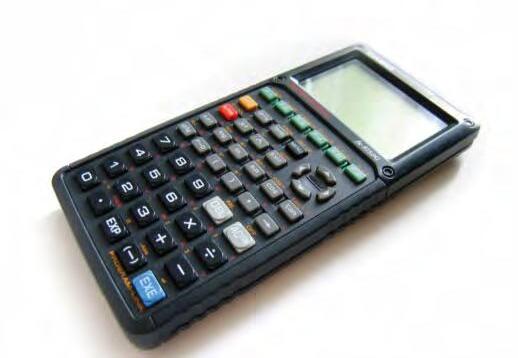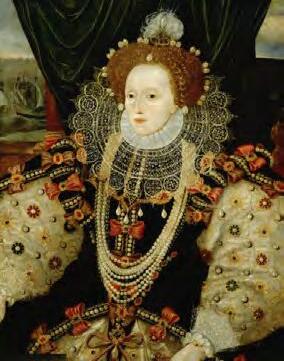
2 minute read
History
Exam Board: OCR
Head of Subject: Mrs D Perry
Entry Requirements: Grade 6 or higher in GCSE History.
What will you learn in Year12?
Students will study mid-Tudor crises focusing on religious change, rebellion and unrest under Edward VI and Mary I. They will also examine Elizabethan England including Elizabeth I’s management of social and economic affairs.

This unit carries a weighting of 25% of the total A Level and is assessed through external examination. Students will also study the unification of Italy including the revolutions which paved the way for unification as well asthe role of fascinating individuals such as Garibaldi, Mazzini and Cavour. This unit carries a weighting of 15% of the total A Level and is also assessed through external examination.
Which modules will you take?
Unit 1: Y107 England 1547-1603: the Later Tudors.
Unit 2: Y215 Italy and Unification 1789-1896.
What will you learn in Year 13?
Students will undertake a personal investigation on a topic of their choice. They will identify an area of historical debate within this topic and read a wide range of books and articles. Their work will culminate in a 3,000-4,000 word essay. This unit carries a weighting of 20% of the total A Level. The final module studied will focus on the struggle for American Civil Rights from 1895-1992. This unit will examine the development of civil rights for Women, Native Americans, Workers and African Americans by investigating key events and individuals as well as evaluating historian’s interpretations of this period. This unit carries a weighting of 40% of the total A Level and is assessed through external examination.
Which modules will you take?
Unit 3: Y319 Civil Rights in the USA 1865-1992.
Unit 4: Y100 Topic based essay.
Wherewillthis course lead?
History as a rigorously academic subject is highly valued by a range of employers. Many of the skills developed through the study of History are particularly useful for those wanting to study law, politics and economics at university.
Exam Board: Edexcel
Head of Subject: Mr B Chahil
Entry Requirements: Grade 7 or higher at GCSE Mathematics.
What will you learn?
The course develops your algebraic skills from GCSE such as solving quadratic equations and transforming graphs including circles.You will be introduced to calculus techniques for finding the gradient and areas under curves.
You will also learn how to use logarithms to solve equations, how to sum arithmetic and geometric series, further manipulation of algebra, functions, graphs, more advanced techniques of differentiation and integration, numerical methods to solve equations, simple differential equations and vectors.
The statistic element of the course builds on work from GCSE and also introduces more robust techniques for examining correlation and making predictions using regression lines.
You will use the binomial distribution to model real life problems.
The mechanics component of the course focuses on the motion of particles resolving forces and applying Newton’s laws of motion.
Mathematics may be studied for its own sake out of general interest or as part of a career in mathematics or statistics or as a support to your other A Level subjects. It will assist your study in any of the science subjects and is essential if you are considering a career in physics or engineering.
Where will this course lead?
A Level Mathematics is an excellent basis for a wide range of university courses and careers as the skills it develops are in high demand by employers and universities.
In addition to developing the ability to solve problems and think logically, the study of Mathematics provides opportunities to develop team-working skills, resilience, effective communication of complex ideas and the ability to use your own initiative.
Mathematics will assist your study in any of the science subjects and is essential if you are considering a career in physics or engineering. Economics, Psychology, Business, Computing and Geography all benefit from students having fluent and confident mathematical skills.







